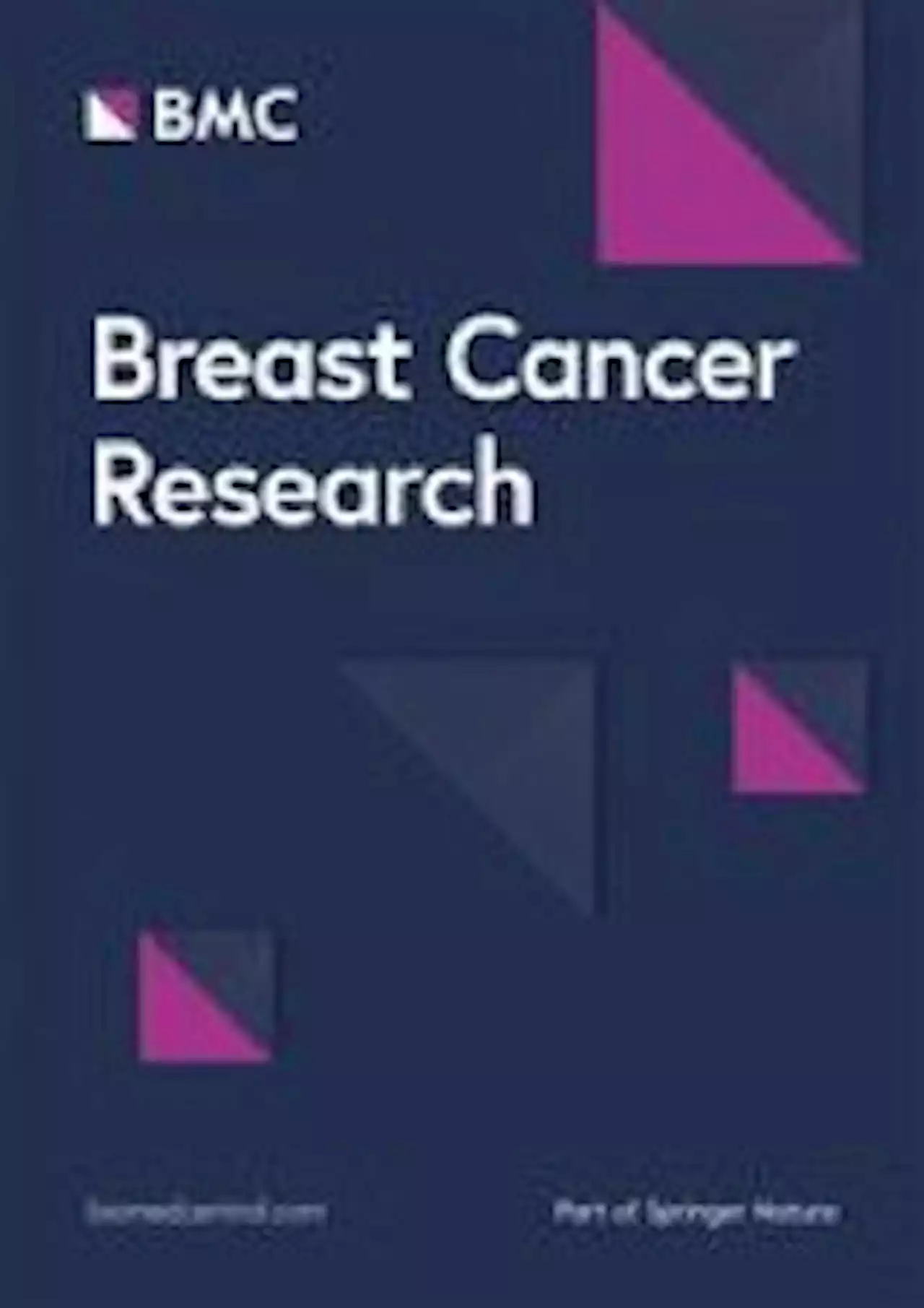The number of people in the UK diagnosed with cancer will rise by a third by 2040, taking the number of new cases every year to more than half a million for the first time, figures show.
A new analysis by Cancer Research UK finds that, if current trends continue, cancer cases will rise from the 384,000 cases per year now to 506,000 in 2040.
Around four in 10 cancer cases are preventable, with the two biggest preventable causes being smoking and overweight or obesity. In total, there could be 8.4 million new cases of cancer and 3.5 million cancer deaths in the UK between 2023 and 2040.Cancer Research UK said the figures should come as a warning to the Government, owing to the fact there will be more people needing care.It said cancer survival in the UK lags behind that of comparable countries and the NHS is not on track to achieve its ambition of diagnosing 75% of cancers at stage 1 or 2 by 2028.
“Cancer patients are already facing unacceptably long waits for diagnosis and treatment, and staff in cancer services are working very hard. The charity said action was needed to prevent more cancers, to diagnose and treat cancers faster, invest in research and innovation, and address the “chronic” staff and equipment shortages within the NHS.
United Kingdom Latest News, United Kingdom Headlines
Similar News:You can also read news stories similar to this one that we have collected from other news sources.
 Cancer cases to top 500,000 a year by 2040 - a rise of a third, charity warnsCancer Research UK's analysis estimates that there will be 208,000 overall cancer deaths in the UK each year by 2040 - and that 76% of those deaths will be in people aged 70 and over.
Cancer cases to top 500,000 a year by 2040 - a rise of a third, charity warnsCancer Research UK's analysis estimates that there will be 208,000 overall cancer deaths in the UK each year by 2040 - and that 76% of those deaths will be in people aged 70 and over.
Read more »
 Aspirin increases chemosensitivity of colorectal cancer cells and inhibits the expression of toll-like receptor 4 - Cancer Cell InternationalBackground Chemotherapy resistance is an important bottleneck affecting the efficacy of chemotherapy in colon cancer. Therefore, improving the chemotherapy sensitivity of colorectal cancer cells is of great significance for improving the prognosis of patients with colon cancer. Methods CCK-8 assay was employed to examine the cell viability of colorectal cancer cell lines. Realtime-PCR and western blot were used to explore toll-like receptor 4 (TLR4) expression in colorectal cancer cell lines. The functions of TLR4 in the stemness of the colorectal cancer cell lines were analyzed by infecting cells with lentivirus containing TLR4 siRNA. Results We found that aspirin could effectively enhance the chemosensitivity of CT26 and HCT116 colorectal cancer cell lines. Aspirin can also inhibit the stemness of colorectal cancer cell including inhibiting the number of clone formation and reducing the volume and number of cell spheres and inducing the down-regulation of stemness-related genes. Besides that, aspirin also lead to down-regulation of TLR4 expression in colorectal cancer cells. The TLR4 positive colorectal cancer cells demonstrated a higher chemotherapy resistance potential than TLR4 negative colorectal cancer cells. In addition, the stemness of TLR4 positive colorectal cancer cells is stronger than TLR4 negative colorectal cancer cells. Conclusion The results of our study indicate that aspirin increases chemosensitivity of colorectal cancer cells and inhibits the expression of toll-like receptor 4.
Aspirin increases chemosensitivity of colorectal cancer cells and inhibits the expression of toll-like receptor 4 - Cancer Cell InternationalBackground Chemotherapy resistance is an important bottleneck affecting the efficacy of chemotherapy in colon cancer. Therefore, improving the chemotherapy sensitivity of colorectal cancer cells is of great significance for improving the prognosis of patients with colon cancer. Methods CCK-8 assay was employed to examine the cell viability of colorectal cancer cell lines. Realtime-PCR and western blot were used to explore toll-like receptor 4 (TLR4) expression in colorectal cancer cell lines. The functions of TLR4 in the stemness of the colorectal cancer cell lines were analyzed by infecting cells with lentivirus containing TLR4 siRNA. Results We found that aspirin could effectively enhance the chemosensitivity of CT26 and HCT116 colorectal cancer cell lines. Aspirin can also inhibit the stemness of colorectal cancer cell including inhibiting the number of clone formation and reducing the volume and number of cell spheres and inducing the down-regulation of stemness-related genes. Besides that, aspirin also lead to down-regulation of TLR4 expression in colorectal cancer cells. The TLR4 positive colorectal cancer cells demonstrated a higher chemotherapy resistance potential than TLR4 negative colorectal cancer cells. In addition, the stemness of TLR4 positive colorectal cancer cells is stronger than TLR4 negative colorectal cancer cells. Conclusion The results of our study indicate that aspirin increases chemosensitivity of colorectal cancer cells and inhibits the expression of toll-like receptor 4.
Read more »
 Scotland's NHS risks being 'overwhelmed' as cancer cases set to surgeThe latest Cancer Research UK projections show that the numbers diagnosed could rise to 42,000 per year by 2040.
Scotland's NHS risks being 'overwhelmed' as cancer cases set to surgeThe latest Cancer Research UK projections show that the numbers diagnosed could rise to 42,000 per year by 2040.
Read more »
 Development and validation of an AI-enabled digital breast cancer assay to predict early-stage breast cancer recurrence within 6 years - Breast Cancer ResearchBackground Breast cancer (BC) grading plays a critical role in patient management despite the considerable inter- and intra-observer variability, highlighting the need for decision support tools to improve reproducibility and prognostic accuracy for use in clinical practice. The objective was to evaluate the ability of a digital artificial intelligence (AI) assay (PDxBr) to enrich BC grading and improve risk categorization for predicting recurrence. Methods In our population-based longitudinal clinical development and validation study, we enrolled 2075 patients from Mount Sinai Hospital with infiltrating ductal carcinoma of the breast. With 3:1 balanced training and validation cohorts, patients were retrospectively followed for a median of 6 years. The main outcome was to validate an automated BC phenotyping system combined with clinical features to produce a binomial risk score predicting BC recurrence at diagnosis. Results The PDxBr training model (n = 1559 patients) had a C-index of 0.78 (95% CI, 0.76–0.81) versus clinical 0.71 (95% CI, 0.67–0.74) and image feature models 0.72 (95% CI, 0.70–0.74). A risk score of 58 (scale 0–100) stratified patients as low or high risk, hazard ratio (HR) 5.5 (95% CI 4.19–7.2, p | 0.001), with a sensitivity 0.71, specificity 0.77, NPV 0.95, and PPV 0.32 for predicting BC recurrence within 6 years. In the validation cohort (n = 516), the C-index was 0.75 (95% CI, 0.72–0.79) versus clinical 0.71 (95% CI 0.66–0.75) versus image feature models 0.67 (95% CI, 0.63–071). The validation cohort had an HR of 4.4 (95% CI 2.7–7.1, p | 0.001), sensitivity of 0.60, specificity 0.77, NPV 0.94, and PPV 0.24 for predicting BC recurrence within 6 years. PDxBr also improved Oncotype Recurrence Score (RS) performance: RS 31 cutoff, C-index of 0.36 (95% CI 0.26–0.45), sensitivity 37%, specificity 48%, HR 0.48, p = 0.04 versus Oncotype RS plus AI-grade C-index 0.72 (95% CI 0.67–0.79), sensitivity 78%, specificity 49%, HR 4.6, p | 0.001 versus Oncotype
Development and validation of an AI-enabled digital breast cancer assay to predict early-stage breast cancer recurrence within 6 years - Breast Cancer ResearchBackground Breast cancer (BC) grading plays a critical role in patient management despite the considerable inter- and intra-observer variability, highlighting the need for decision support tools to improve reproducibility and prognostic accuracy for use in clinical practice. The objective was to evaluate the ability of a digital artificial intelligence (AI) assay (PDxBr) to enrich BC grading and improve risk categorization for predicting recurrence. Methods In our population-based longitudinal clinical development and validation study, we enrolled 2075 patients from Mount Sinai Hospital with infiltrating ductal carcinoma of the breast. With 3:1 balanced training and validation cohorts, patients were retrospectively followed for a median of 6 years. The main outcome was to validate an automated BC phenotyping system combined with clinical features to produce a binomial risk score predicting BC recurrence at diagnosis. Results The PDxBr training model (n = 1559 patients) had a C-index of 0.78 (95% CI, 0.76–0.81) versus clinical 0.71 (95% CI, 0.67–0.74) and image feature models 0.72 (95% CI, 0.70–0.74). A risk score of 58 (scale 0–100) stratified patients as low or high risk, hazard ratio (HR) 5.5 (95% CI 4.19–7.2, p | 0.001), with a sensitivity 0.71, specificity 0.77, NPV 0.95, and PPV 0.32 for predicting BC recurrence within 6 years. In the validation cohort (n = 516), the C-index was 0.75 (95% CI, 0.72–0.79) versus clinical 0.71 (95% CI 0.66–0.75) versus image feature models 0.67 (95% CI, 0.63–071). The validation cohort had an HR of 4.4 (95% CI 2.7–7.1, p | 0.001), sensitivity of 0.60, specificity 0.77, NPV 0.94, and PPV 0.24 for predicting BC recurrence within 6 years. PDxBr also improved Oncotype Recurrence Score (RS) performance: RS 31 cutoff, C-index of 0.36 (95% CI 0.26–0.45), sensitivity 37%, specificity 48%, HR 0.48, p = 0.04 versus Oncotype RS plus AI-grade C-index 0.72 (95% CI 0.67–0.79), sensitivity 78%, specificity 49%, HR 4.6, p | 0.001 versus Oncotype
Read more »
 Lake District market town UK's number one 'staycation' destinationThree more Cumbria locations are also named in the top 10
Lake District market town UK's number one 'staycation' destinationThree more Cumbria locations are also named in the top 10
Read more »
 The Reytons on life after their number one albumThe unsigned band from Rotherham hope to stay independent while they can continue to make music.
The Reytons on life after their number one albumThe unsigned band from Rotherham hope to stay independent while they can continue to make music.
Read more »
